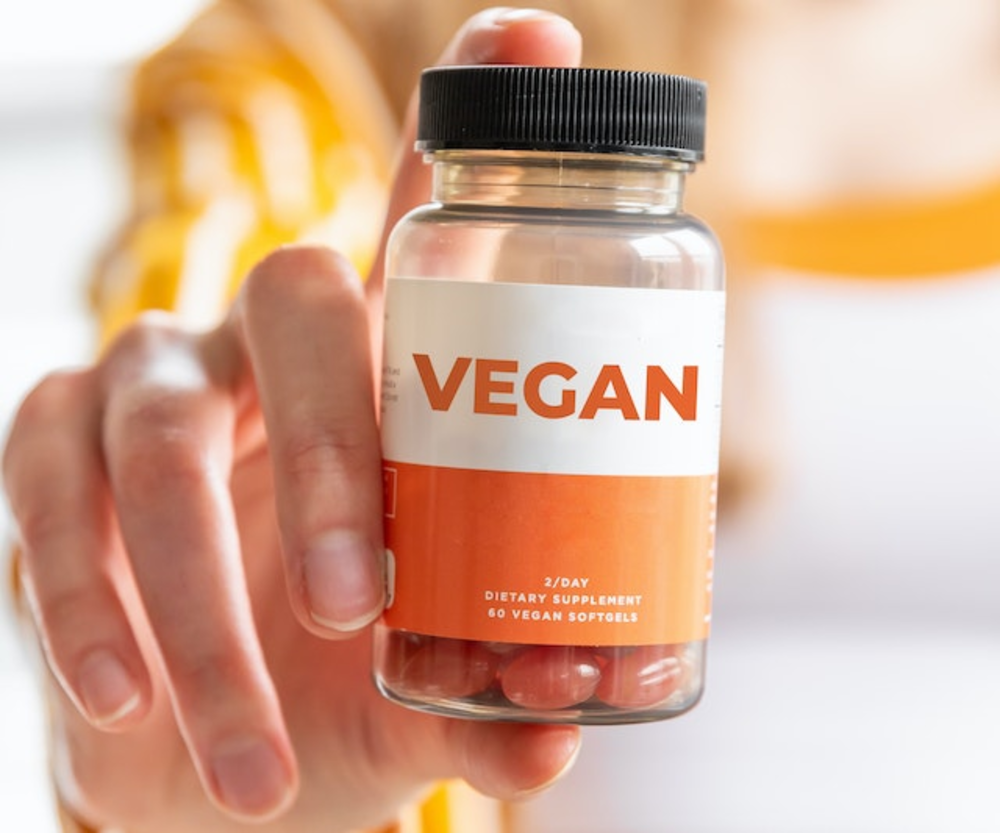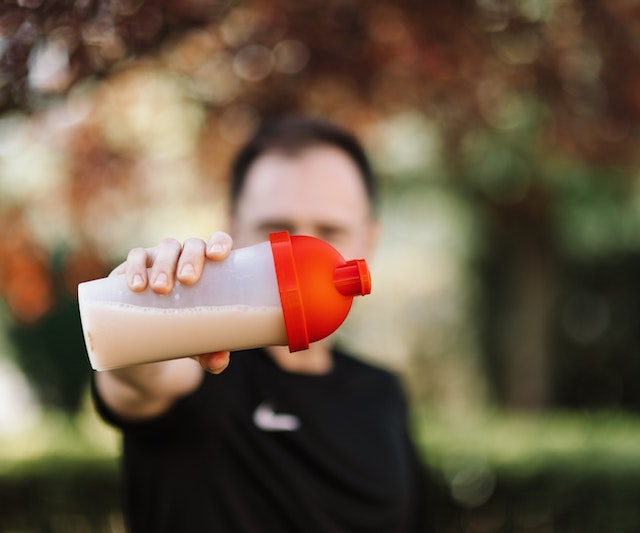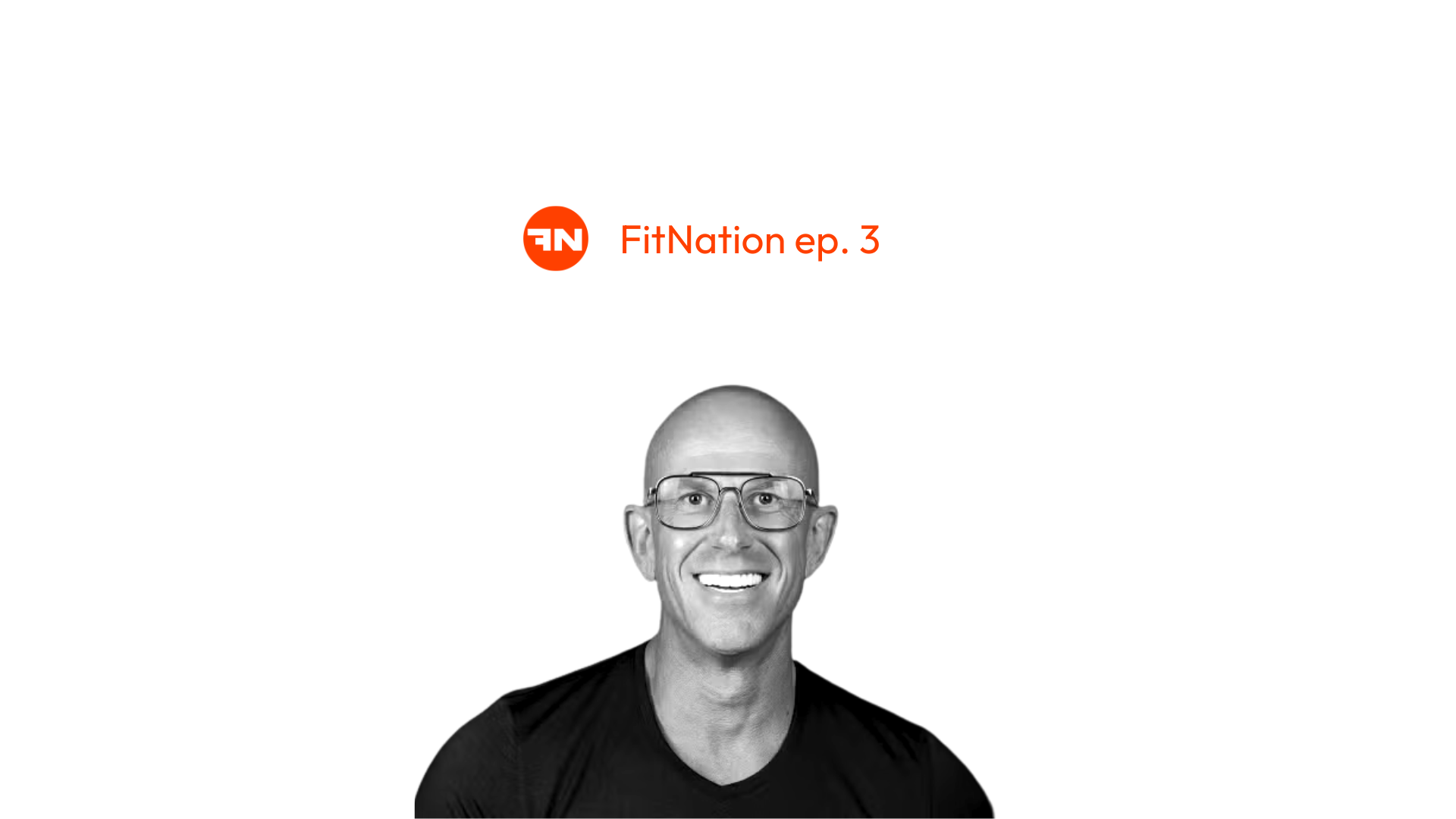We all know that fitness isn’t just about sweating it out on the gym floor; it encompasses a holistic approach involving diet, exercise, and occasionally, an extra edge from nutritional supplements.
Many dietary supplement brand owners have created a wide variety of products. These supplements can help in elevating energy, endurance, muscle recovery, and strength.
But as fitness professionals, how can you navigate this expansive world of supplements?
Better yet, how can you leverage this market to sell accessories at our gyms or even start your own supplement line? Let’s explore.
1. Identify Your Target Market

Just like a thorough warm-up precedes any solid workout, the first step to selling supplements is understanding who you’re selling to - your target market. One size doesn’t fit all, especially when it comes to dietary needs and preferences.
For instance, the younger audience, aged 18-34, are often fitness enthusiasts or athletes, pushing their bodies and seeking a performance edge.
This group typically gravitates towards protein or pre-workout supplements, which aid in enhancing muscle growth and energy levels.
On the other end of the spectrum, we have people over 60, who may be keen to improve their overall health and longevity.
Their supplement needs may lean towards multivitamins, omega-3 fatty acids, or joint-support supplements, among others.
Identifying these unique demographic needs helps to tailor your supplement offering effectively.
2. Choose the Right Supplements to Sell

Once you’ve understood your audience, it’s time to select the right supplements to stock. It’s like creating a personalized workout plan - what works for one might not work for another.
Sports supplements are the crowd favorites among gym-goers. By 2030, these are expected to corner the lion’s share of the market, with sales reaching $14.5 billion!
So, supplements like whey protein, which is a staple in many fitness enthusiasts’ diets due to its muscle growth and recovery benefits, should definitely make it to your list.
However, don’t stop there. Diversify your offerings to cater to the broad spectrum of your gym members.
Probiotic supplements for gut health, vegan protein powders for plant-based dieters, or gluten-free supplements for those with dietary restrictions can make your supplement store a one-stop shop for all.
3. Set Competitive Yet Profitable Pricing

Let’s move on to the nitty-gritty - pricing. How do you make your supplements affordable for your gym members, competitive with other outlets, and yet profitable for you?
One approach is the cost-based pricing strategy, where the price ensures your profit doesn’t exceed the production costs.
Remember, it’s not just about covering the supplement’s cost; factor in overhead expenses such as storage, staff, and any marketing or promotional costs.
You could also generate leads with attractive package deals.
Offering discounts on bundled products or volume purchases can encourage your gym members to buy more.
However, keep a close eye on the competition and stay updated about the market trends to ensure your pricing remains competitive.
4. Create an Attractive Retail Space

You’ve done the hard work of selecting the right supplements and pricing them effectively. Now it’s time to display them to attract and engage your customers.
Just as your gym layout is designed for optimal training, your supplement store should be designed for an optimal shopping experience.
Consider factors like good lighting, accessible shelving, and visually appealing displays.
An innovative floor plan that leads customers through your variety of supplements can encourage browsing and incidental purchases.
Remember, an immersive shopping experience doesn’t stop at visual appeal - organize your supplements in a way that makes sense to your customers, maybe grouping them by function or dietary preference.
5. Educate Your Customers

Now, selling supplements isn’t just about pushing products. It’s about becoming a reliable source of information and advice for your customers.
While some clients are well-versed in dietary supplements, many may be unsure of what they need, the proper usage, or even whether they need supplements at all.
As a successful gym owner or a sports nutritionist, providing this nutritional advice can be a significant value addition.
Educating your gym members about the importance of nutrition and personal training and using supplements the right way will foster trust and enhance your gym and brand reputation.
6. Offer Promotions and Discounts

Everyone loves a good deal, and gym members are no different. Having regular promotions and discounts can encourage more purchases.
Limited-time offers or special discounts for loyal customers can create urgency and increase sales.
This can also provide opportunities for customers to try new supplements that they might not purchase at full price.
7. Build a Loyalty Program

In the business world, it’s often said that retaining a customer is cheaper than acquiring a new one. This is where a well-designed loyalty program can work wonders.
From points-based systems that reward customers for every purchase to referral programs that reward them for bringing in new customers, there are several ways to encourage repeat business.
Unique rewards, exclusive discounts, gift cards, or cash-back offers can all add value to your loyalty program.
Don’t forget to use social media or emails to keep your customers informed about your loyalty program.
Regular updates about their points balance or upcoming rewards can keep them engaged and incentivize further purchases.
8. Sell Through Multiple Channels

Think beyond the walls of your gym. In today’s digital age, expanding your reach through online channels can significantly boost your supplement sales.
An online store allows your members to purchase supplements at their convenience, potentially capturing sales from those who might prefer shopping from home.
Remember to provide clear product descriptions and usage information online, just as you would in the physical store.
Conclusion
In the fitness sphere, gym owners and personal trainers can tap into the promising opportunity of selling dietary supplements, offering added value to their clients.
This venture requires understanding your customers, selecting the right supplements, setting viable prices, and educating your members to make informed choices.
While dietary supplements can complement workout routines, it’s crucial to remember they are not a replacement for a balanced diet.
Therefore, the focus should remain on promoting a comprehensive approach to health and wellness.
FAQ
Can you sell workout supplements?
Yes, you can sell workout supplements.
If you’re a gym owner or fitness coach, selling workout supplements at your fitness center can be an excellent way to add a revenue stream.
However, you must ensure the supplements are safe, high quality, and compliant with regulations set by bodies such as the Food and Drug Administration (FDA) in the United States.
How to start selling fitness supplements?
Here are the steps to start selling fitness supplements:
- Identify your target market and understand their supplement needs.
- Choose the right supplements to sell, catering to your audience’s preferences and dietary needs.
- Find a reputable supplier or consider manufacturing your own supplements.
- Set competitive yet profitable pricing.
- Create an attractive retail space or an online store for selling the supplements.
- Educate your customers about the benefits and correct usage of supplements.
- Offer promotions, discounts, and loyalty programs to increase sales.
- Remember to comply with all necessary legal requirements and regulations.
Is it legal to sell your own supplements?
Yes, it is legal to sell your own supplements, provided you adhere to the regulatory guidelines in your country.
In the U.S., for example, the FDA oversees the dietary supplement industry.
If you’re manufacturing your own supplements, you must ensure your products are safe, accurately labeled, and made in a quality manner.
You should consult with legal counsel to understand all the requirements before you start.
Is selling supplements profitable?
Selling supplements can be profitable, given the right circumstances.
The profit you can expect depends on many factors, including the cost of goods sold, operational expenses, pricing strategy, trends in the industry, and competition.
Supplements are a billion-dollar industry, and with proper planning and management, they can offer a significant return on investment.
However, like any business, it also comes with financial risk, and success is not guaranteed.




